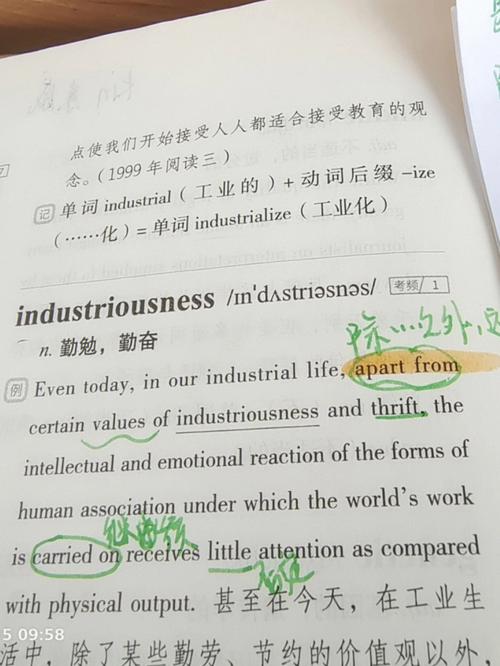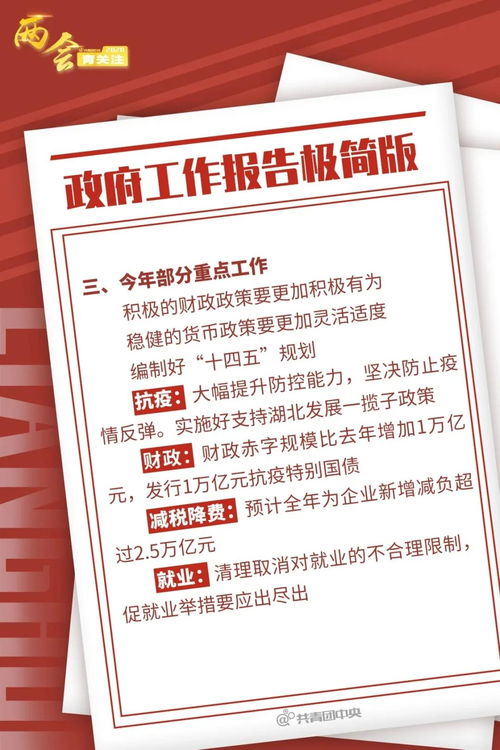推免生考研怎么介绍自己
Title: Guide to Presenting Personal Background for Graduate School Applications
In the highly competitive landscape of graduate school admissions, effectively presenting your personal background is crucial, especially when applying through the recommendation process (推免) or entrance exams (考研). This guide offers comprehensive advice on how to craft a compelling personal statement tailored to your individual experiences and aspirations.
Understanding the Significance
Before delving into the intricacies of crafting your personal introduction, it's essential to grasp why this component holds significant weight in your application:
1.
Showcasing Your Uniqueness
: Your personal background provides admissions committees with insights into your personality, experiences, and motivations, setting you apart from other candidates.2.
Aligning with Program Goals
: By articulating your academic interests, career objectives, and how they align with the program's offerings, you demonstrate your suitability for the graduate program.3.
Highlighting Strengths
: Effectively presenting your achievements, skills, and experiences allows you to showcase your strengths and potential contributions to the academic community.Structuring Your Introduction
Crafting a compelling personal introduction involves structuring your narrative in a coherent and engaging manner. Here's a suggested structure to guide you:
1.
Introduction
: Begin with a captivating opening that grabs the reader's attention and introduces the central theme of your narrative.2.
Educational Background
: Provide a brief overview of your academic journey, including your undergraduate major, relevant coursework, research projects, and academic achievements.3.
Professional Experiences
: Detail any internships, work experiences, or research positions you've undertaken, emphasizing the skills and insights gained that are relevant to your desired field of study.4.
Research Interests
: Articulate your specific research interests, detailing any relevant academic projects, publications, or presentations you've been involved in. Discuss how these experiences have shaped your research goals and influenced your decision to pursue graduate studies.5.
Career Aspirations
: Share your longterm career goals and explain how pursuing graduate studies aligns with these aspirations. Discuss the impact you hope to make in your field and how the program you're applying to will help you achieve these goals.6.
Personal Motivation
: Reflect on your personal motivations for pursuing advanced studies, whether they stem from personal experiences, intellectual curiosity, or a desire for professional growth. Be sincere and authentic in conveying your passion for your chosen field.7.
Conclusion
: Summarize your key points and reiterate your enthusiasm for the program. Conclude with a strong statement that leaves a lasting impression on the reader.
Tailoring Your Introduction
To ensure your personal introduction resonates with the admissions committee, consider the following tips:
1.
Research the Program
: Familiarize yourself with the program's curriculum, faculty, research opportunities, and unique features. Tailor your introduction to demonstrate a genuine interest in and understanding of the program.2.
Highlight Relevant Experiences
: Select experiences and achievements that are most relevant to your field of study and the program's focus areas. Emphasize how these experiences have prepared you for graduatelevel research and study.3.
Demonstrate Fit
: Clearly articulate how your academic background, research interests, and career goals align with the program's objectives and strengths. Showcase your fit for the program by highlighting specific faculty members or research initiatives that resonate with your interests.4.
Be Authentic
: Avoid embellishing or exaggerating your experiences and accomplishments. Admissions committees value authenticity and are adept at discerning genuine passion and commitment.5.
Seek Feedback
: Share your personal introduction with mentors, professors, or peers for feedback. Their insights can help you refine your narrative and ensure clarity and coherence in your presentation.Conclusion
Crafting an impactful personal introduction for graduate school applications requires thoughtful reflection, strategic planning, and meticulous attention to detail. By effectively showcasing your unique background, research interests, and career aspirations, you can significantly enhance your chances of securing admission to your desired program. Remember to convey your passion, authenticity, and alignment with the program's goals to leave a lasting impression on the admissions committee.












评论